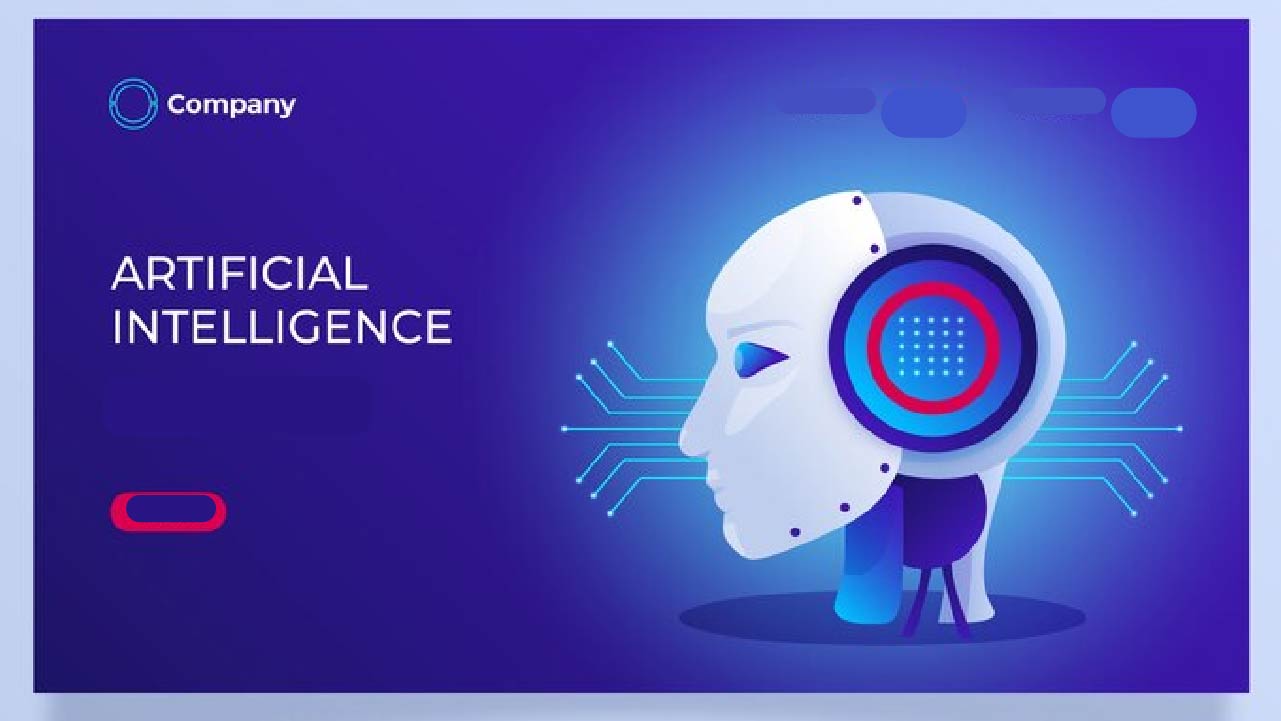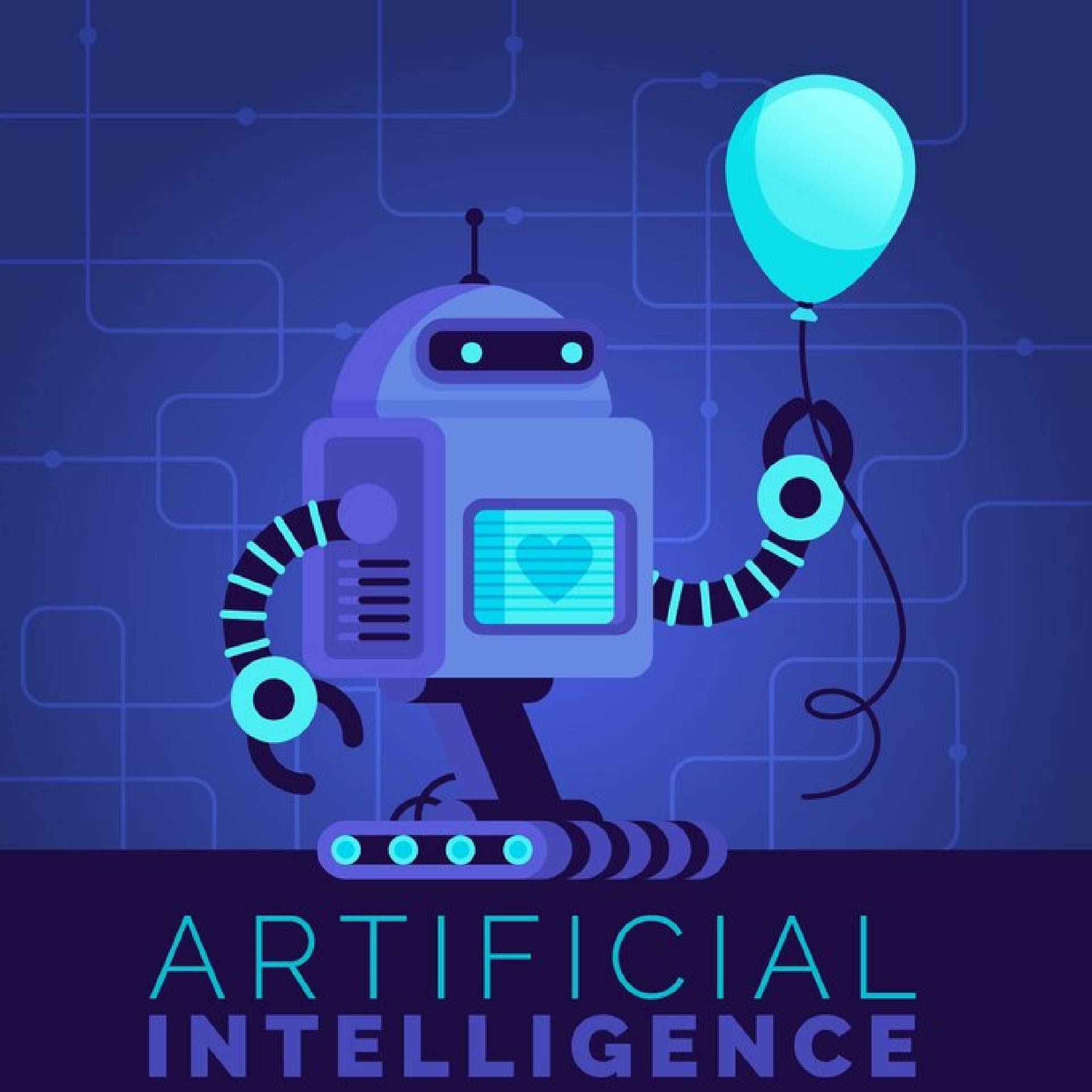In the intricate tapestry of modern existence, the threads of innovation and societal shifts intertwine to alter the fabric of everyday life with both subtle and striking strokes. From the ubiquitous presence of smartphones to the seamless integration of smart home technology, these changes reshape our daily routines and interactions in ways that were once the province of science fiction.
Artificial Intelligence (AI) refers to the simulation of human intelligence in machines that are programmed to think like humans and mimic their actions. These machine systems can learn from data, identify patterns, and make decisions with minimal human intervention. AI encompasses various technologies, including machine learning (ML), natural language processing (NLP), robotics, and computer vision.
The integration of AI into daily life has been transformative and widespread. Let’s discuss how we can encounter AI in our daily lives:
AI in the Home
AI has become an integral part of home life, often in subtle and seamless ways that blend into our daily routines:
Smart Home Devices and IoT
- Thermostats: Devices like Nest learn your temperature preferences and schedule, adjusting your home’s climate automatically to improve comfort and energy efficiency.
- Lighting: AI-driven lighting systems can adapt to the time of day or your habits, turning on or off as you move through your home.
- Security Systems: Home security cameras and systems use AI to differentiate between residents, visitors, and intruders, sending timely alerts when unusual activity is detected.
Personal Assistants
- Siri, Alexa, and Google Assistant: These assistants use NLP to understand spoken requests, helping with tasks such as setting reminders, playing music, or providing real-time information.
- Voice Shopping: Ordering products becomes a conversation with AI personal assistants, as they can add items to your shopping cart and even suggest products based on past purchases.
AI in Household Appliances
- Refrigerators: Smart fridges can track expiration dates, suggest recipes based on contents, and generate shopping lists.
- Ovens: AI-enabled ovens can monitor the cooking process, adjusting temperature and time for optimal results based on the food type.
- Vacuum Cleaners: Robotic vacuums map the house to navigate and clean efficiently, learning the most effective routes over time.
AI in Work
AI in the workplace streamlines operations, aids in decision-making, and revolutionizes tasks across various sectors:
Automation of Routine Tasks
- Email Filtering: AI helps sort through emails, flagging important messages and filtering out spam.
- Document Organization: AI tools categorize and file digital documents, making retrieval simple.
HR and Recruitment
- Applicant Tracking Systems (ATS): AI streamlines the hiring process by scanning resumes for relevant experience and skills.
- Employee Onboarding: Chatbots and AI systems assist with onboarding by answering new hire questions and guiding them through procedures.
Data Analysis and Insights
- Big Data Analytics: AI algorithms process large datasets to identify patterns, trends, and insights, supporting better business decisions.
- Customer Relationship Management (CRM) Systems: These systems use AI to help businesses predict customer behavior and personalize communications.
Productivity Enhancement
- Task Managers: AI-powered task management tools help prioritize work and suggest time allocations for tasks based on past performance.
AI in Education
AI in education manifests in numerous ways, enhancing learning experiences, aiding educators, and streamlining administrative tasks:
Personalized Learning
- Adaptive Learning Platforms: AI adjusts the difficulty of materials to suit the learner’s pace, optimizing the educational experience.
- Learning Analytics: AI analyzes students’ performance to provide insights on their progress and suggest areas for improvement.
Tutoring and Support
- AI Tutors: Supplement traditional teaching with AI tutors for subjects like math, languages, etc., providing additional support.
- Language Learning Apps: AI-powered apps offer pronunciation corrections and personalized learning paths for language students.
Support for Special Needs
Assistive Technologies: AI provides support for students with disabilities, such as speech-to-text for those with writing challenges or personalized lessons for those with learning difficulties.
Content Accessibility
- Translation Tools: AI-powered translation helps make educational content accessible to non-native speakers.
- Text-to-Speech: Converts written content to audio, aiding those with visual impairments or learning differences that impact reading.
AI in Healthcare
AI in healthcare is becoming increasingly prominent, offering a range of benefits, from personal health management to hospital care:
Diagnostic Assistance
- Medical Imaging: AI algorithms interpret X-rays, MRIs, and CT scans faster and sometimes more accurately than human radiologists.
- Pathology: AI assists in analyzing tissue samples, detecting abnormalities with high precision.
Virtual Health Assistants
- Symptom Checkers: AI-driven chatbots provide preliminary medical advice and triage, directing patients to appropriate care.
- Healthcare Bots: Bots automate administrative tasks for healthcare professionals, such as scheduling appointments or processing prescriptions.
Operational Efficiency
- Hospital Workflow Management: AI optimizes hospital operations, predicting patient admission rates and managing staff allocation.
- Supply Chain Management: AI predicts inventory needs and manages medical supply chains, ensuring the timely availability of medical equipment and drugs.
The Future of AI in Daily Life
The future of AI in daily life is transformative. With advanced personalization, AI will anticipate needs, streamline tasks, and enhance decision-making, integrating seamlessly into devices at home, work, and on the go.
Expect smarter homes, efficient healthcare, tailored education, and more intuitive interfaces. As AI grows more ubiquitous and intelligent, it will profoundly shape convenience, safety, and sustainability in daily routines, while raising important conversations about privacy, ethics, and employment.
Conclusion
In conclusion, AI’s impact on everyday life promises to be profound, offering significant enhancements in convenience, personalization, and efficiency across various spheres.
As we stand on the brink of this technological evolution, it’s imperative to navigate the challenges it presents, particularly in privacy and ethical domains, while embracing the vast potential AI holds to enrich and simplify our daily experiences.
The future with AI will be about striking a balance between leveraging its benefits and safeguarding our human values.

